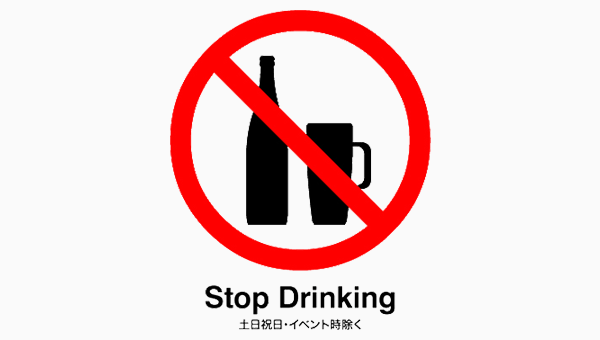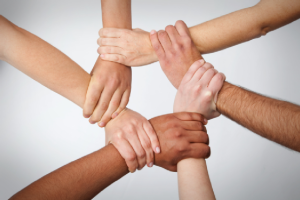Crime rate escalation and alcohol addiction

Crime rate escalation and alcohol addiction are catastrophic in the current generation
Crime rate escalation and alcohol addiction: Alcohol is a factor in up to 40%of all crimes
According to the expert opinion of doctor Dalal Akoury MD and her team of able experts from AWAREmed Health and Wellness Resource Center, in there over two decades of rendering quality treatment to victims, they have established that about 3 million violent crimes occur each year where the perceived victims and offenders have actually been drinking alcohol. The crimes rate escalation triggered by alcohol addiction include but are not limited to: rape, sexual assault and robbery, aggravated and simple assault. Nonetheless, more shockingly is that about two-thirds of violent crimes are characterized as simple assaults. And now based on the victim reports the figures were as follows and that alcohol use by the offender was a factor in:
- 15% of robberies
- 25% of simple assaults
- 27% of aggravated assaults, and
- 37% of rapes and sexual assaults
Crime rate escalation and alcohol addiction: Statistics revealing the correlation between alcohol and crime
We cannot conclude this discussion without making some references to the findings from NCADD facts sheet. According to NCADD Fact Sheet, it has been established that alcohol and crime are:
- Among violent crimes, the offender is far more likely to have been drinking than under the influence of other drugs, with the exception of robberies, where other drugs are likely to have been used such as alcohol.
- Alcohol is more likely to be a factor in violence, where the attacker and the victim know each other. Two-thirds of victims who were attacked by an intimate (including a current or former spouse, boyfriend or girlfriend) reported that alcohol had been involved, and only 31% of victimizations by strangers are alcohol-related.
- Nearly 500,000 incidents between intimates involve offenders who have been drinking; in addition, 118,000 incidents of family violence (excluding spouses) involve alcohol, as do 744,000 incidents among acquaintances.
- 1.4 million Incidents of alcohol-related violence are committed against strangers.
- Individuals under age 21 were the victims in just over 13% of incidents of alcohol-related violence, and the offenders in nearly 9%.
- 70% of alcohol-related incidents of violence occur in the home with greatest frequency at 11:00 pm, 20% of these incidents involve the use of a weapon other than hands, fists or feet.
Finally if we were to continue with the facts about the crime rate escalation and alcohol addiction alongside the drunk driving we many not finish because the list is endless, however we are going to progress in the next article with the discussion focusing on the segment of drunk driving and this is something you don’t want to miss. We went to request you to stay on the link and invite a friend so that together we can learn from the experts from AWAREmed Health and Wellness Resource Center, a facility which was established by doctor Dalal Akoury to primarily offer solutions to victims of addiction professionally and in the most humane way.
Crime rate escalation and alcohol addiction: Alcohol is a factor in up to 40%of all crimes
http://www.awaremednetwork.com/









